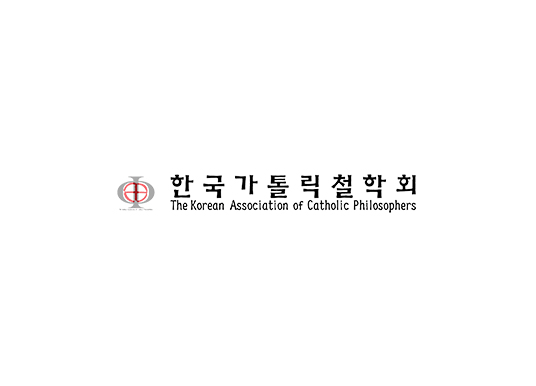카롤 보이티와의 인격 개념 연구 – 『인격과 행위』 제1부에 제시된 방법론적 기초를 중심으로 –
Karol Wojtyla on Human Person
김율
대구가톨릭대학교
가톨릭철학
2021, vol., no.36, pp. 5-28 (24 pages)
한국가톨릭철학회
1. 들어가는 말
2. 인격 개념의 정의를 위하여
3. 환원할 수 없는 주체로서의 인격
4. 의식의 두 기능
5. 의식의 감정화
6. 주체성과 주관주의
7. 맺는 말: 자기인식 개념의 방법론적 의미
초록
이 논문의 목적은 카롤 보이티와의 인격 개념에서 환원불가능성이라는 측면이 특별히 부각되고 있지만 그렇다고 해서 이 개념이개별자의 경험을 절대시하는 주관주의를 내포하는 것은 아니라는사실을 밝히는 데 있다. 본 논문은 이 사실을 입증해 주는 하나의뚜렷한 증거로서 『인격과 행위』 1장에 나타나는 ‘의식의 감정화’ 문제에 대한 성 요한 바오로 2세의 논의에 주목한다. 보이티와는실체 중에서 ‘누구’로서의 인간만이 독특한 유일성과 환원불가능성을 지닌다고 가정되는 까닭이, 바로 인간만이 그리고 인간 각자가각자대로의 고유한 ‘경험’과 ‘의식’을 지니기 때문이라고 생각한다.
그런데 의식의 감정화라는 사태는 인격과 통합되지 않은 경험을낳으며, 이는 결국 인간 주체를 약화시키는 결과를 낳는다. 보이티와는 이것이 주관주의 및 관념론과 다를 바 없다고 비판하며, 자기인식의 강화를 통해 이를 극복해야 한다고 주장한다.
The goal of this paper is to make clear that Karol Wojtyla’s notion of the irreducibility of the person has nothing to do with the subjectivism which absolutizes the experience of the individuals. An evidence for that, this paper argues, is his criticism of the emotionalization of consciousness in his Acting Person. According to Wojtyla, the reason why the uniqueness and the irreducibility ontologically belong to the human being is that only human being among various substances has his own individual experience and consciousness. When emotionalization of the consciousness occurs, the experience is not integrated with person itself any more, and it results in weakening the human subject. According to Wojtyla, this state means subjectivism i.e. idealism, which is to be overcome by strengthened self-knowledge.

